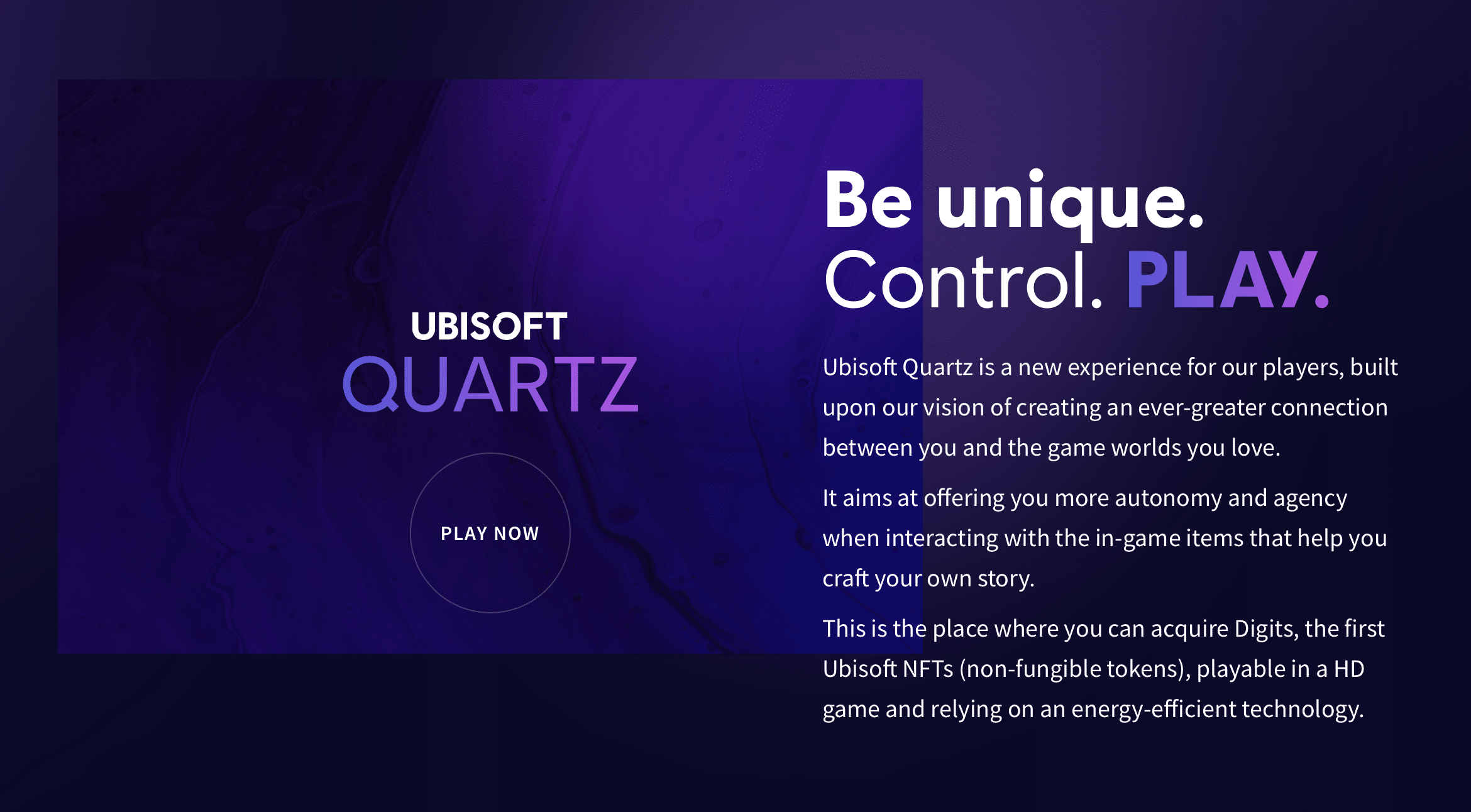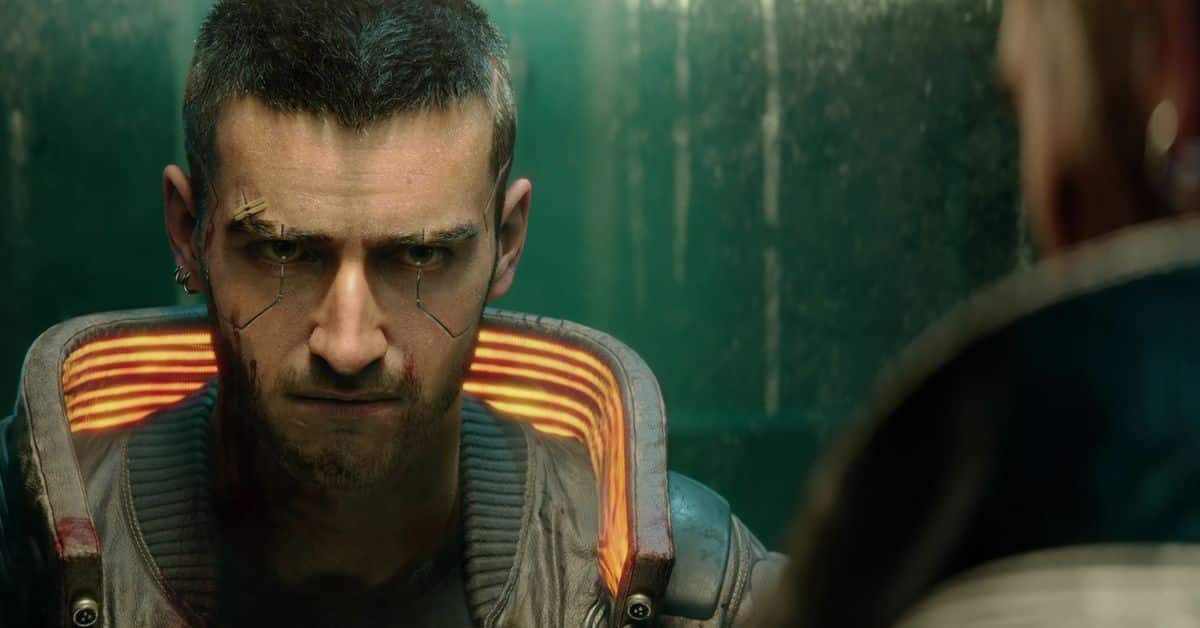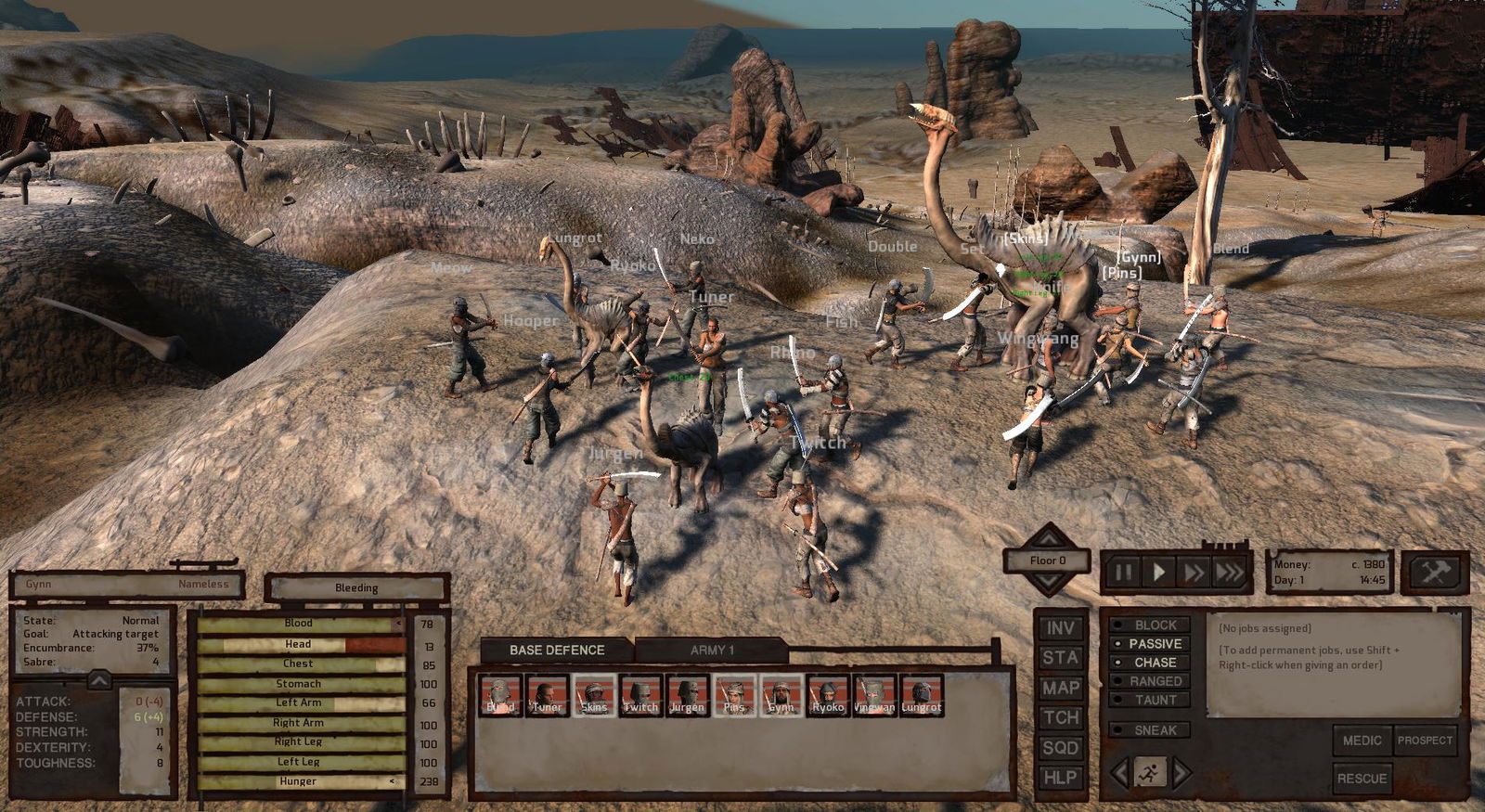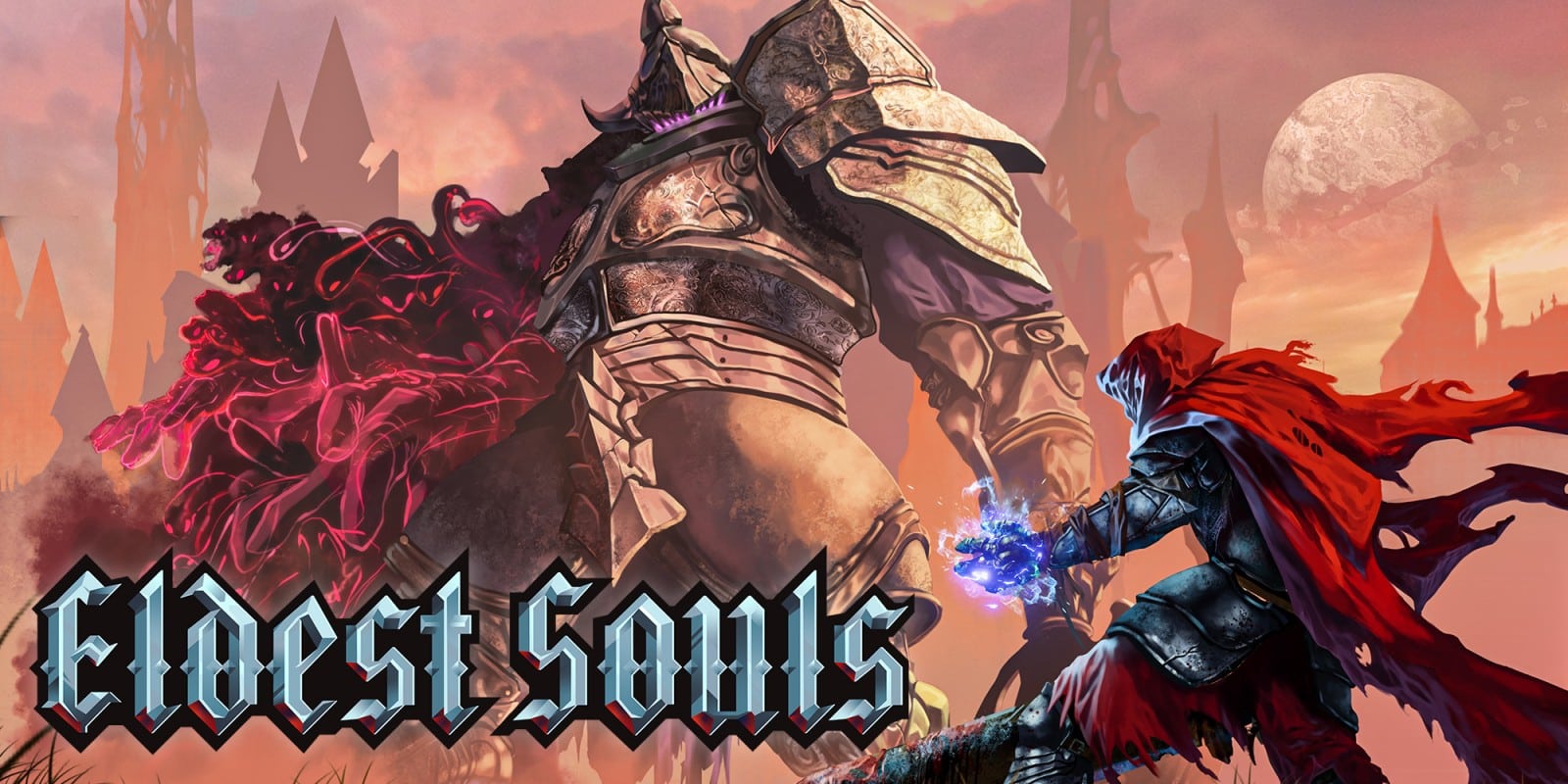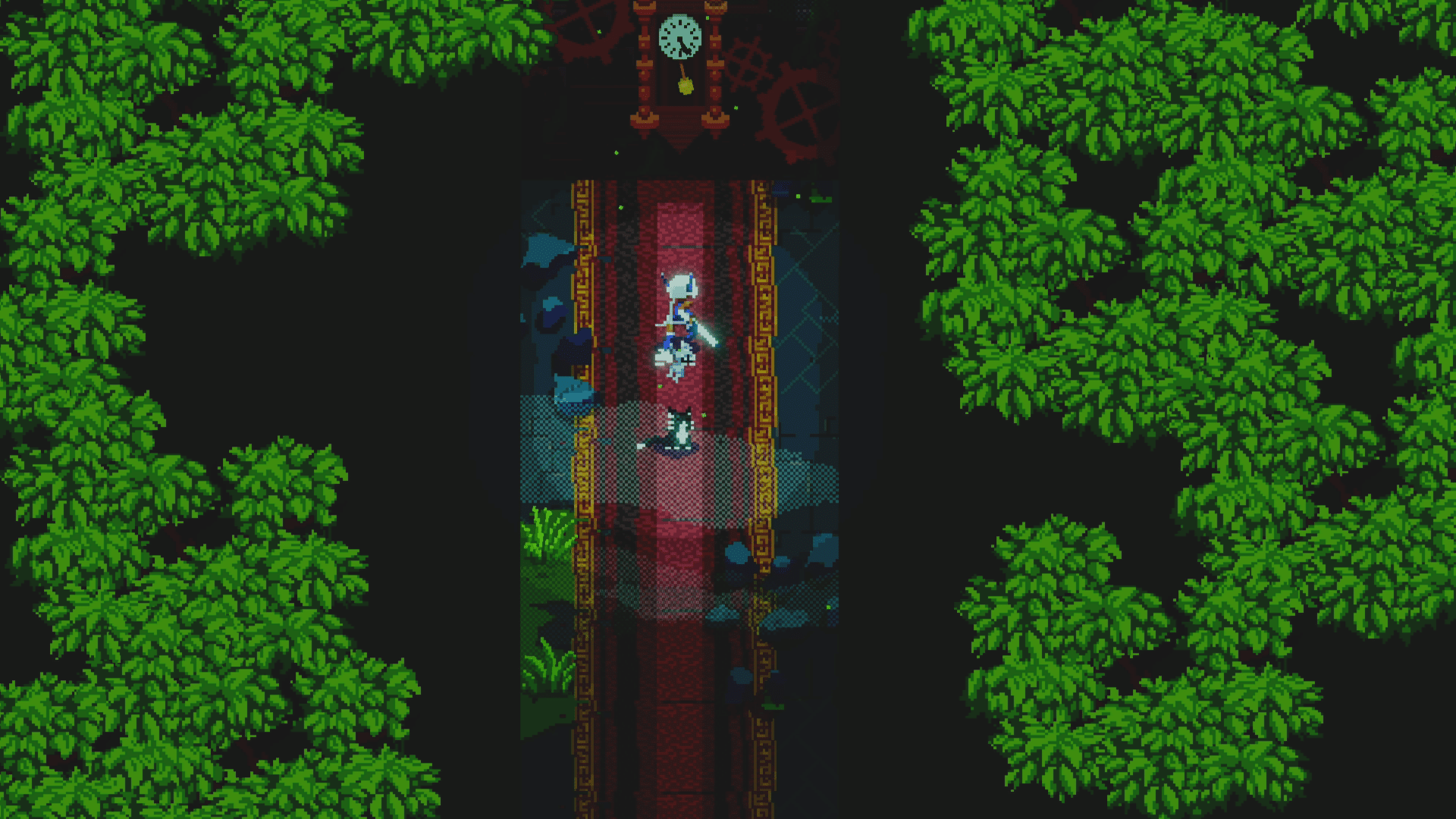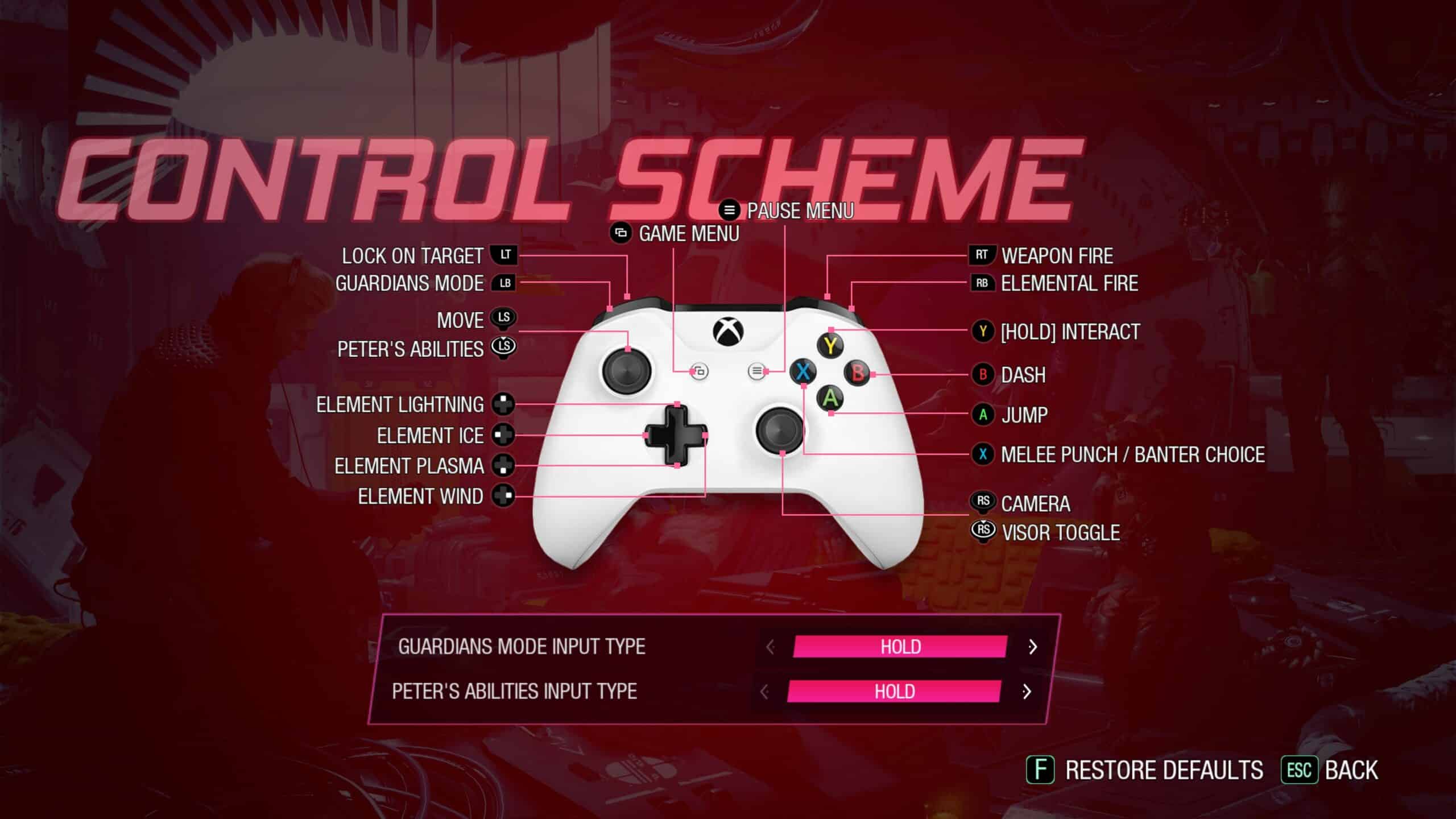Back in Dec. 2021 Ubisoft announced their NFT platform Quartz. The site and initial announcement had a lot of interesting details, but gamers were largely unswayed and disinterested in the idea. While nothing has changed since the initial reveal, Australian investor site Finder interviewed Nicolas Pouard, VP at Ubisoft’s strategic innovations lab, and Didier Genevois, Ubisoft’s blockchain technical director, for more information.
While the full article has a lot of information about the platform, the most interesting part was their response to criticism thus far.
Gamer feedback to the Ubisoft Quartz and Digits launch has been generally negative. What has the feedback told you about the prospects of mainstream NFT success?
Nicolas Pouard: Well, it was a reaction we were expecting. We know it’s not an easy concept to grasp. But Quartz is really just a first step that should lead to something bigger. Something that will be more easily understood by our players. That’s the way we think about it and why we will keep experimenting. We will keep releasing features and services around this first initiative. And our belief is that, piece by piece, the puzzle will be revealed and understood by our players. We hope they will better understand the value we offer them.
Well, let’s talk about making sense of it. What do you think is the big positive that gamers are missing about what NFTs like Digits can offer them?
NP: I think gamers don’t get what a digital secondary market can bring to them. For now, because of the current situation and context of NFTs, gamers really believe it’s first destroying the planet, and second just a tool for speculation. But what we [at Ubisoft] are seeing first is the end game. The end game is about giving players the opportunity to resell their items once they’re finished with them or they’re finished playing the game itself.
So, it’s really, for them. It’s really beneficial. But they don’t get it for now.
Also, this is part of a paradigm shift in gaming. Moving from one economic system to another is not easy to handle. There are a lot of habits you need to go against and a lot of your ingrained mindset you have to shift. It takes time. We know that.
Finder
The interview also touched on what the future might hold for Quartz if it’s successful.
Do you guys see a future where players own the games themselves? That the games are an NFT?
NP: That’s part of the use case we can explore, but it’s not the focus today.
And, and do you see a future where the majority of Ubisoft games, if not all of the games, are tied into Quartz and Digits in some way?
NP: Actually, we are a very decentralised company already. We let each project’s team decide if they want to have Digits or not. Or use the Quartz platform itself. So, it’s open.
But obviously, the Tom Clancy games would be a first point of call?
NP: (Laughs) Potentially.
Moving on from games then, during your presentation on Quartz and Digits, you mentioned possible future acquisitions of Decentralised Autonomous Organizations (DAO). What did you mean by that? Did I mishear?
NP: [I meant] the future of user acquisition. When you talk to the DAO guys, like Yield Guild Games, they really see themselves as a new tool for user acquisition in games. Because if you build a good play-to-earn experience, those guilds will come to your game, and they will boost up your ecosystem and the net effect is that you need to engage the whole economy and community. So yeah, it’s no more just about the marketing expense of how you acquire new players, but it’s how you build your game in a way that will attract the [DAO] guilds.
Finder
The views are certainly interesting and it will be interesting to see how this all plays out as Ubisoft experiments with Quartz.

